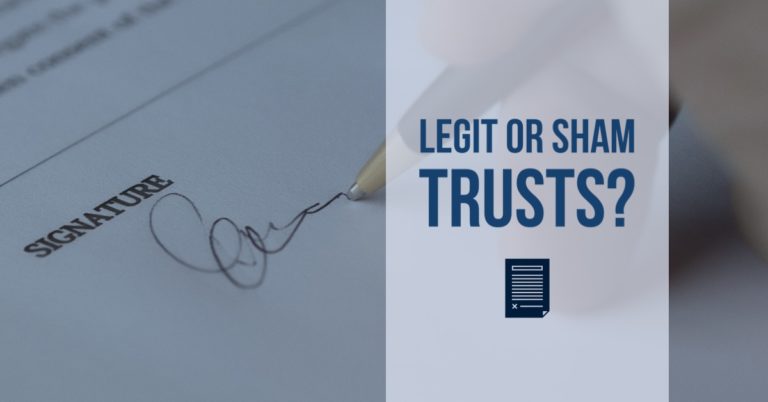Embarking on the journey of starting a new business is both exciting and daunting. While you might be enthusiastic about your product or service, the administrative side—particularly taxes—can seem complicated.
Fortunately, the Internal Revenue Service (IRS) offers valuable resources to aid new business owners. Let’s dive into the fundamental tax responsibilities you need to be aware of when starting a business.
Selecting a Startup Business Structure
Your choice of business structure impacts which income tax return your business will need to file.
Common business structures
Sole Proprietorship
This is an unincorporated business owned solely by an individual. The business and the taxpayer are viewed as the same entity. Income and expenses are typically reported on Schedule C of the owner’s personal tax return.
Partnership
An unincorporated business owned by two or more people.
Corporation (C Corporation)
This is a separate business entity owned by shareholders.
S Corporation
This is a corporation that elects to pass its corporate income, losses, and other tax items to its shareholders.
Limited Liability Company (LLC)
Permitted by state statute, if a single-member LLC doesn’t opt to be classified as a corporation, it’s a “disregarded entity.” Its activities are then reported on the owner’s federal tax return as a sole proprietorship.
Deciding on a Tax Year
A tax year is the annual period for maintaining records and reporting income/expenses. Some businesses, depending on their operations, might benefit from choosing a fiscal year over a calendar year.
Entrepreneurs can choose between:
- Calendar Year: This runs from January 1 to December 31.
- Fiscal Year: This consists of 12 consecutive months ending on the last day of any month, excluding December.
Note: If you initially file a tax return using the calendar tax year and then establish a business, you must stick to the calendar tax year. However, certain exceptions apply, and you can consult Form 1128 for more details.
Applying for an Employer Identification Number (EIN)
EIN, also known as a Federal Tax Identification Number, is crucial for identifying a business. Most businesses can apply for an EIN online through the IRS website, and the number is typically issued immediately.
While most businesses require an EIN, some don’t. For instance, a sole proprietor without employees and not filing specific tax returns may not need one.
The IRS provides an EIN checklist to assist owners in determining their need for this number.
Remember: If your business has an EIN, ensure that the mailing address, location, and responsible party details are updated. Notify the IRS about any changes within 60 days.
Documenting Employees
If you hire employees, it’s essential to have them complete the following forms:
I-9: This verifies employment eligibility in the U.S.
W-4: Helps determine federal tax withholding.
Additionally, if you work with independent contractors, ensure they complete Form 1099-NEC to report non-employee compensation.
Addressing Business Taxes
Your chosen business structure will dictate the taxes your business owes and how they should be paid.
Businesses might encounter various types of taxes including income tax, self-employment tax, payroll taxes, and possibly excise tax, depending on their operations.
Understanding State and Local Tax Requirements
Always visit your state’s official website, as well as any local city or county websites, to understand specific tax obligations and requirements for businesses.
Missouri’s Department of Revenue, for example, has tax requirement information for small businesses.
Wrapping It Up: Setting Up Your Business on Solid Tax Ground
In conclusion, setting up a business includes tax responsibilities. By understanding the basics, you can simplify the process. Proactively seeking out expert accounting advice, leveraging accounting tools, and maintaining organized records can make all the difference. Embark on your entrepreneurial journey with clarity and confidence.
Check out the IRS resources to help new business owners.
More Information
If you have questions, contact us to discuss your situation.
To check out our other articles on business topics, click here.

Debra Annis
Debra Annis brings 40+ years of experience in accounting and tax. She helps clients overcome obstacles with cash flow, planning, stability and growth. She enjoys working with clients to find solutions that achieve their plans and avoid paying unnecessary tax.
About Smith Patrick CPAs
Smith Patrick CPAs is a boutique, St. Louis-based, CPA firm dedicated to providing personal guidance on taxes, investment advice and financial service to forward-thinking businesses and financially active individuals. For over 30 years, our firm has focused on providing excellent service to business owners and high-net worth families across the country. Investment Advisory Services are offered through Wealth Management, LLC, a Registered Investment Advisor.





